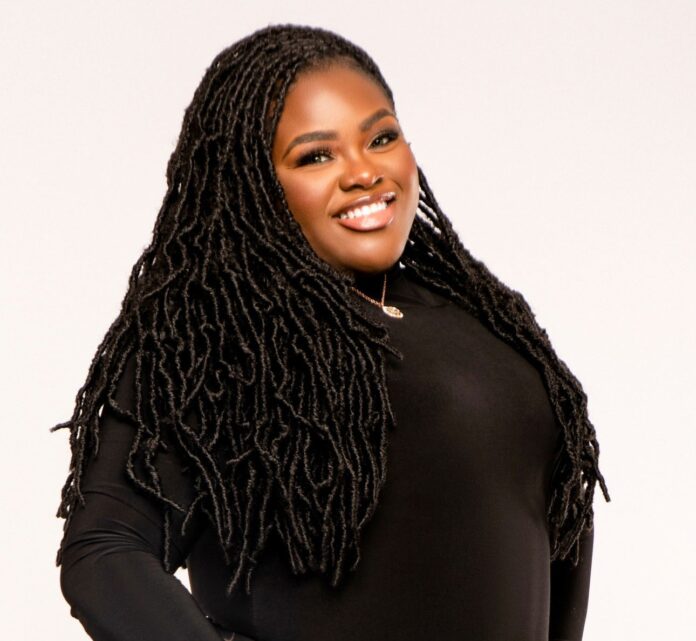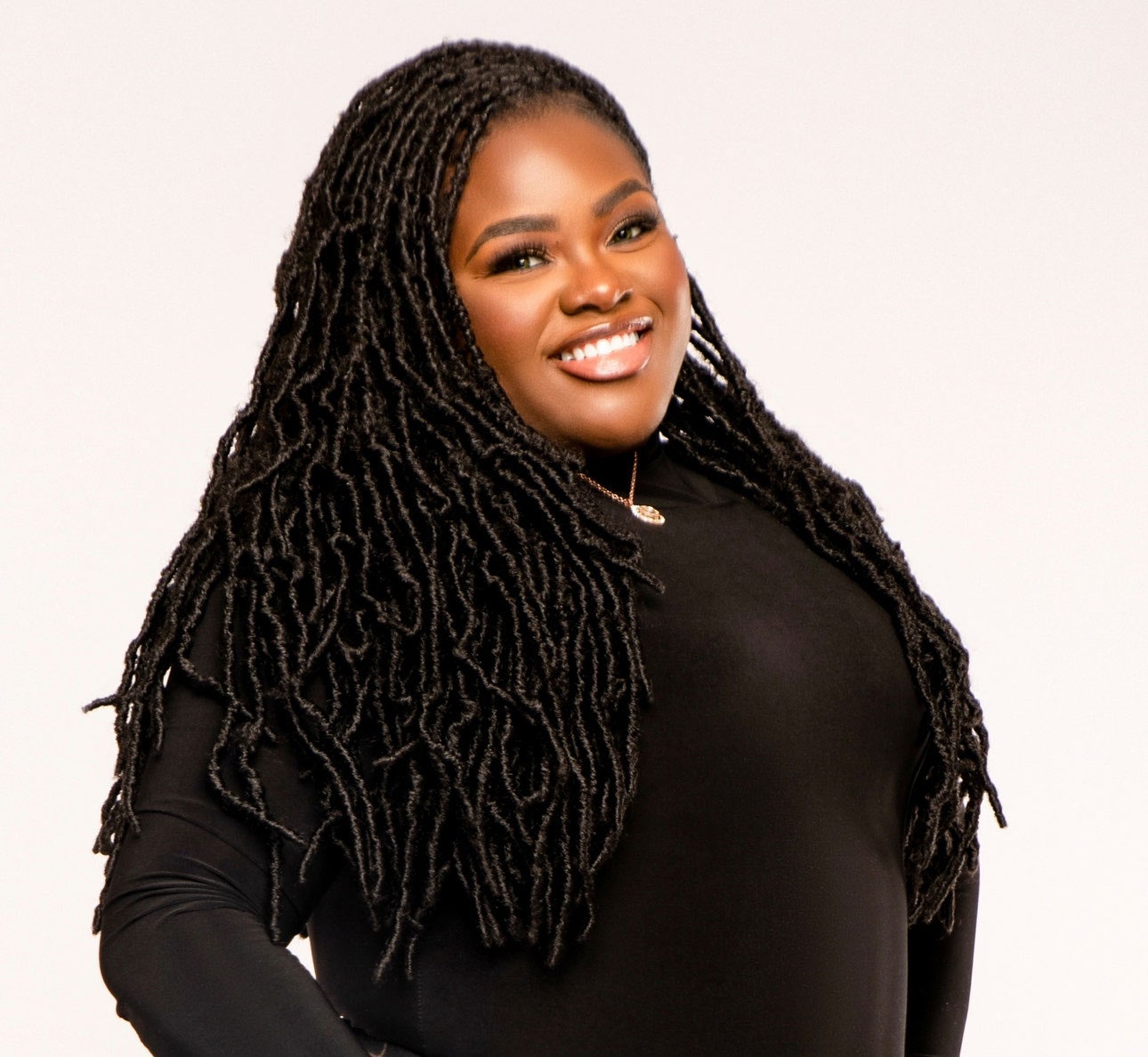Jalon Hall thought she was being scammed when a recruiter reached out on LinkedIn about a job moderating YouTube videos in 2020. Months after earning a master’s degree in criminal justice, her only job had been at a law firm investigating discrimination cases. But the offer was real, and Hall, who is Black and Deaf, sailed through the interviews.
She would be part of a new in-house moderation team of about 100 people called Wolverine, trudging daily through freezing weather to offices in suburban Detroit during the early pandemic. When she accepted the job, the recruiter said via email that a sign language interpreter would be provided “and can be fully accommodated :)” That assurance unraveled within days of joining Google—and her experience at the company has proven difficult in the years since.
Hall now works on responsible use of AI at Google and by all available accounts is the company’s first and only Black, Deaf employee. The company has feted her at events and online as representative of a workplace welcoming to all. Google’s LinkedIn account praised her last year for “helping expand opportunities for Black Deaf professionals!” while on Instagram the company thanked her “for making #LifeAtGoogle more inclusive!” Yet behind the rosy marketing, Hall accuses Google of subjecting her to both racism and audism, prejudice against the deaf or hard of hearing. She says the company denied her access to a sign language interpreter and slow-walked upgrades to essential tools.
After filing three HR complaints that she says yielded little change, Hall sued Google in December, alleging discrimination based on her race and disability. The company responded this week, arguing that the case should be thrown out on procedural grounds, including bringing the claims too late, but didn’t deny Hall’s accusations. “Google is using me to make them look inclusive for the Deaf community and the overall Disability community,” she says. “In reality, they need to do better.”
Hall, who is in her thirties, has stayed at Google in hopes of spurring improvements for others. She chose to talk with WIRED despite fearing for her safety and job prospects because she feels the company has ignored her. “I was born to push through hard times,” she says. “It would be selfish to quit Google. I’m standing in the gap for those often pushed aside.” Hall’s experiences, which have not been previously reported, are corroborated by over two dozen internal documents seen by WIRED as well as interviews with four colleagues she confided in and worked alongside.
Employees who are Black or disabled are in tiny minorities at Google, a company of nearly 183,000 people that has long been criticized for an internal culture that heavily favors people who fit tech industry norms. Google’s Deaf and hard-of-hearing employee group has 40 members. And Black women, who make up only about 2.4 percent of Google’s US workforce, leave the company at a disproportionately higher rate than women of other races, company data showed last year.
Several former Black women employees, including AI researcher Timnit Gebru and recruiter April Christina Curley, have publicly alleged they were sidelined by an internal culture that disrespected them. Curley is leading a proposed class action lawsuit accusing Google of systemic bias but has lost initial court battles.
Google spokesperson Emily Hawkins didn’t directly address Hall’s allegations when asked about them by WIRED. “We are committed to building an inclusive workplace and offer a range of accommodations to support the success of our employees, including sign language interpreters and captioning,” Hawkins says.
Figuring out how to accommodate people like Hall could be good business for Google. One in every 10 people by 2050 will have disabling hearing loss, according to the World Health Organization.
Mark Takano, who represents a slice of Southern California in the US House and cochairs the Congressional Deaf Caucus, says that Google has an obligation to lead the way in demonstrating that its technology and employment practices are accommodating. “When Deaf and hard-of-hearing employees are excluded because of the inability to provide an accessible workplace, there is a great pool of talent that is left untapped—and we all lose out,” he says.
Hall was born with profound bilateral sensorineural hearing loss, meaning that even with hearing aids her brain cannot process sounds well. Two separate audiologists in memos to Google said Hall needs an American Sign Language interpreter full-time. She also signs pre- and post-segregation Black ASL, which uses more two-handed signs and incorporates some African American vernacular.
During her childhood in Louisiana, Hall’s parents pushed her into speech therapy and conventional schools, where she found that some people doubted she was Deaf because she can speak. She later attended a high school for Deaf students where she became homecoming and prom queen, and realized how much more she could achieve when provided appropriate support.
Hall expected to find a similar environment at Google when she moved to Farmington Hills, Michigan, to become a content moderator. The company contracts ASL interpreters from a vendor called Deaf Services of Palo Alto, or DSPA. But though Hall had been assigned to enforce YouTube’s child safety rules, managers wouldn’t let her interpreters help her review that content. Google worried about exposing contractors to graphic imagery and cited confidentiality concerns, despite the fact interpreters in the US follow a code of conduct that includes confidentiality standards.
Got a Tip?
Source : Wired







